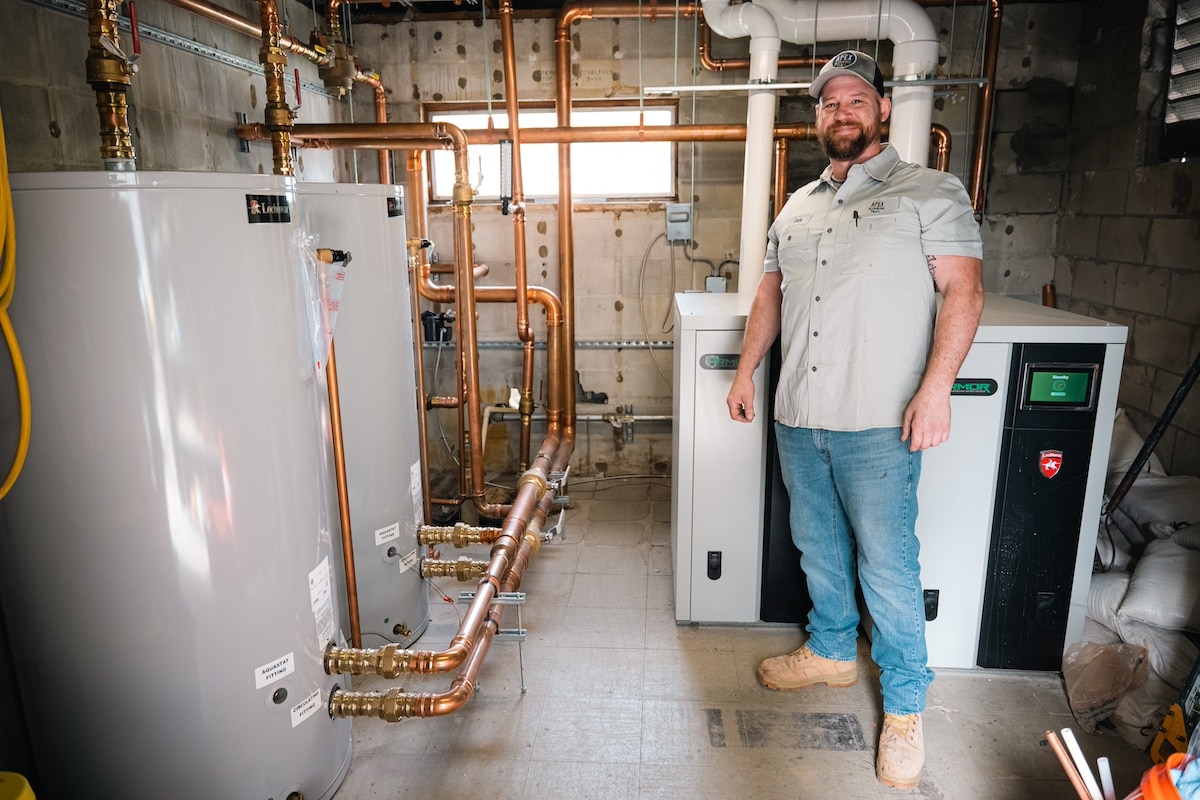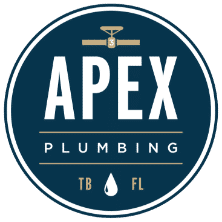
Buying a home is a major investment, and ensuring it’s in the best possible condition is essential to avoid hidden costs and surprises down the road. That’s why conducting a home inspection is a necessary part of the process. It can provide peace of mind and help you make informed decisions before signing on the dotted line. To get the most out of your home inspection, here’s everything you need to know and ask during the process.
What To Expect For Your Home Inspection
A home inspector’s job is to evaluate the visible and accessible areas of a property to identify potential problems. This assessment helps buyers understand the condition of the home and address issues before they become costly repairs.
What they check:
- Roof and foundation
- Grading and drainage
- HVAC, plumbing, and electrical systems
- Home structure, including walls, ceilings, and floors
- Safety concerns like asbestos or other hazards
While inspectors provide a thorough evaluation, they do have limitations. They only conduct visual inspections, meaning they won’t cut into walls or access hidden areas. If they spot something concerning, they may recommend hiring a specialist for further evaluation.
As a good rule of thumb, research and hire an inspector independently. While your real estate agent may have recommendations, choosing someone without ties to your agent ensures unbiased results.
Can I Join the Inspection?
It’s important to attend the inspection yourself. This is your chance to learn about the property’s systems, ask questions, and see potential issues firsthand. Plus, it’s an opportunity to understand how your home works and what maintenance it may need in the future. If an inspector doesn’t allow you to join, it’s a red flag. Consider finding someone else who encourages your involvement.
Before the inspection, take a walk through the home and jot down any areas of concern or questions you have. This will help you stay organized and ensure you cover all your bases during the inspection.
Can I See a Sample Report?
Every home has issues, and it’s normal for an inspection report to highlight several items that need attention. Request a sample report before your inspection to get an idea of what to expect. This can help you understand the inspector’s communication style and avoid feeling overwhelmed when reviewing your own report. A sample report can also highlight how the inspector prioritizes major versus minor concerns.
Is This a Big Deal or a Minor Issue?
When the inspector identifies problems, it’s natural to feel anxious. However, not every issue is a dealbreaker. Some might be as simple as replacing a faucet or resealing a window. Ask the inspector to clarify whether an issue is a major concern or something minor. Most homes have similar issues that are manageable and not cause for alarm. If a serious problem arises, this is exactly why you’re having an inspection. It gives you the chance to address it with the seller or walk away if necessary.
What Are Your Biggest Concerns?
At the end of the inspection, ask your inspector to summarize the most pressing issues. This is a great way to get an overall picture of the property’s condition. They can also advise whether you should bring in a specialist for further evaluation, such as an electrician, plumber, or structural engineer. If there are specific concerns, your inspector might also suggest discussing them with your real estate agent for additional context or documentation.
How Much Does It Cost to Fix This?
For any significant issues the inspector identifies, ask for a ballpark estimate on repair costs. While inspectors aren’t contractors, they often have a good sense of general pricing. This information can help you decide whether the home is worth the investment, negotiate repairs with the seller, or even back out of the deal if the costs are too high.
Is There Anything That I’ll Need to Do Once I’ll Move In?
Your home inspector can provide valuable advice on what to tackle first after moving in. This might include prioritizing certain repairs, setting up preventative maintenance, or addressing minor issues before they become bigger problems. Knowing what to expect will help you plan your move-in process and avoid surprises.
Need a Plumbing Expert?
If your inspection uncovers plumbing concerns, Apex Plumbing is here to help. From detailed inspections to expert repairs, we ensure your home’s plumbing is reliable and efficient. Whether it’s addressing leaks, upgrading fixtures, or conducting preventative maintenance, we’ve got you covered. To Get started, download our Home Health Checklist here to see what you need in order to keep your home up and running. Contact us today to schedule our expert plumbing service to get your home in its best possible condition.







